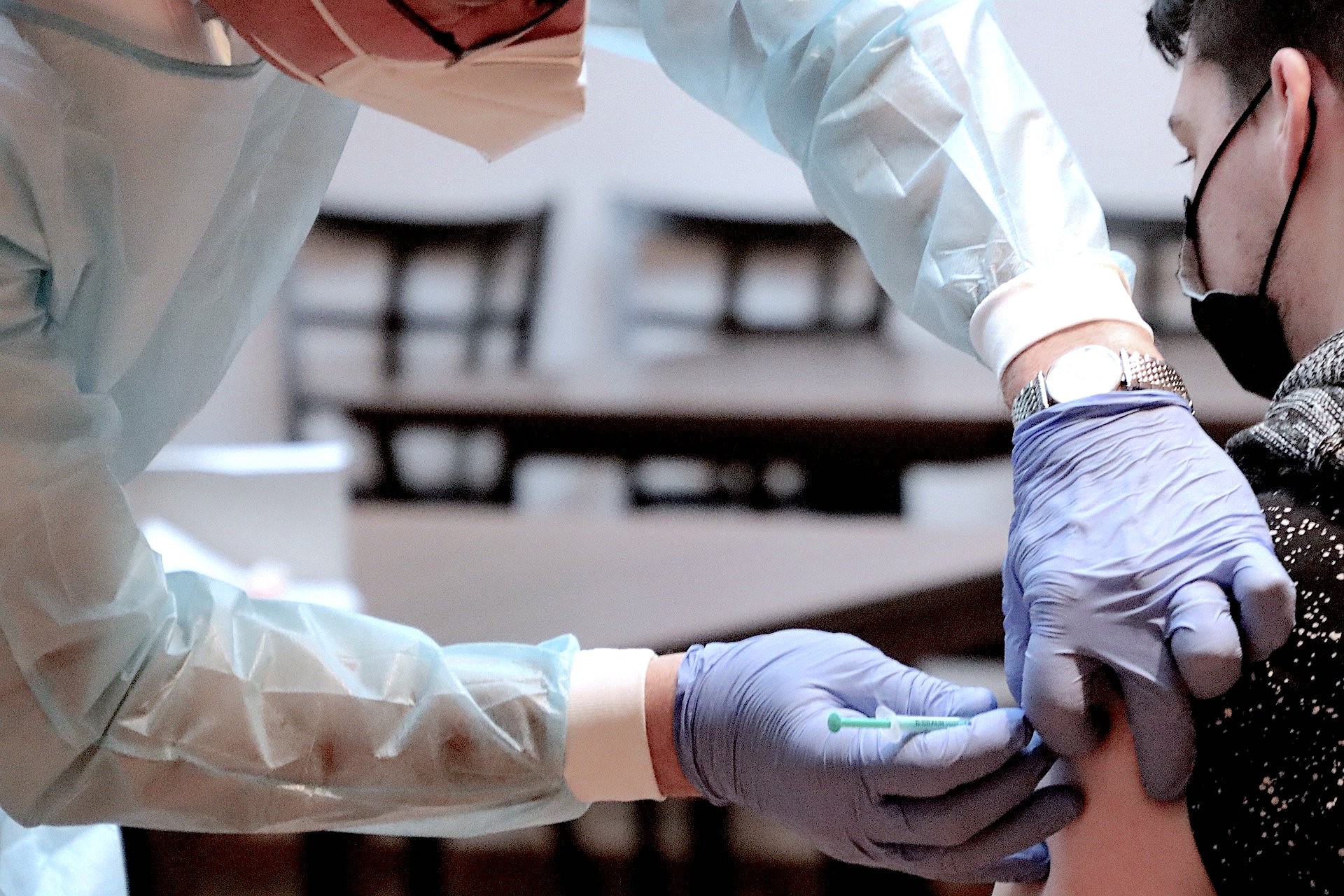The scientists who pioneered mRNA vaccine technology have earned a top honor in medicine for their critical contributions to the COVID-19 fight. Their innovation promises to transform treatments for countless diseases. Nobel Prize next?
Katalin Karikó and Drew Weissman developed the foundational technology powering COVID-19 vaccines from Pfizer/BioNTech and Moderna.
Their breakthrough came in 2005 with a key discovery about messenger RNA (mRNA), which carries instructions for cells to produce proteins. Unmodified mRNA triggered rapid cell destruction, but a simple modification prevented this. This allowed cells to safely produce targeted proteins on demand.
Pfizer/BioNTech and Moderna vaccines use this principle: they direct cells to create the SARS-CoV-2 spike protein, training the immune system to recognize and fight the virus without causing harmful inflammation.
Looking ahead, mRNA technology shows vast potential. Moderna is developing an influenza vaccine and has launched a phase I trial for an HIV vaccine.

Recently, Karikó and Weissman received the 2021 Lasker-DeBakey Clinical Medical Research Award, one of medicine's highest honors (skipped in 2020 due to the pandemic). Established in 1945 by activist Mary Lasker and her husband, Albert, the Lasker Awards celebrate discoveries that advance human health.
This year, they also claimed the Breakthrough Prize, following the Louisa Gross Horwitz Prize in August and the Rosenstiel Prize in February—all for revolutionary medical science.
Experts see the Nobel as a logical next step. Over 75 years, 95 Lasker winners have gone on to Nobel glory; 51 of 106 Horwitz recipients and 36 of 93 Rosenstiel winners followed suit.
Stay tuned for October's announcements. Last year, the Nobel in Chemistry went to Emmanuelle Charpentier of Germany's Max Planck Institute and Jennifer A. Doudna of UC Berkeley for CRISPR/Cas9 gene editing.